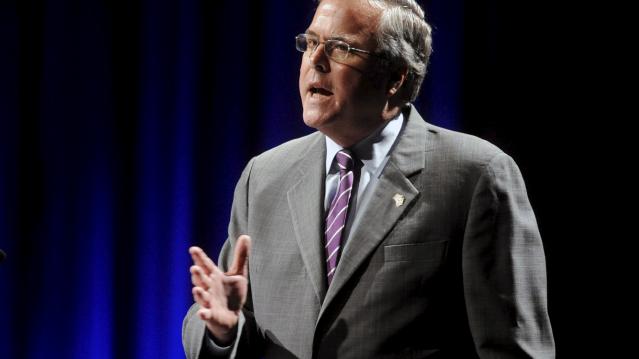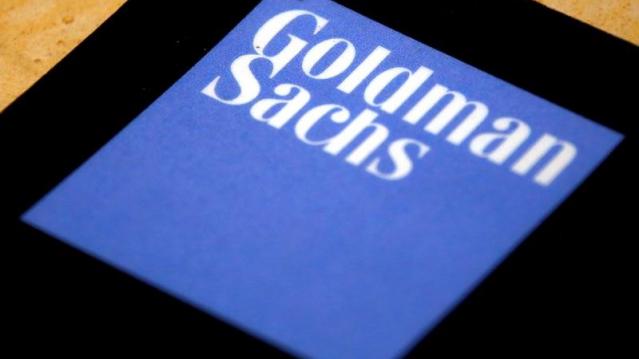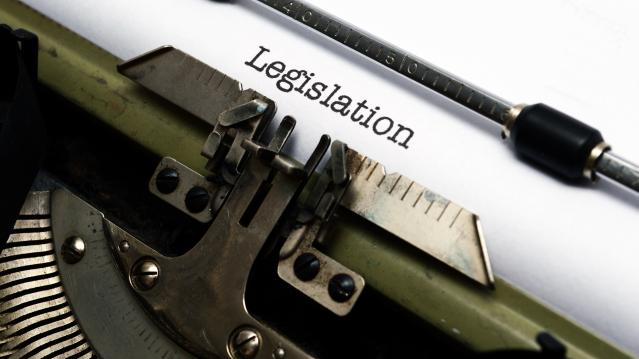Jeb Bush Wants Me to Do More What?

Yesterday, Republican hopeful Jeb Bush ticked off hard-working Americans everywhere when he said that in order to grow the economy, people had to work longer hours. Here’s the skinny:
What He Said: “My aspiration for the country--and I believe we can achieve it--is 4 percent growth as far as the eye can see. Which means we have to be a lot more productive. Workforce participation has to rise from its all-time modern lows. It means that people need to work longer hours and, through their productivity, gain more income for their families. That’s the only way we’re going to get out of this rut that we’re in.”
This Is All We Heard: “People need to work longer hours.” And “Let them eat cake.” Then we played Hall & Oates “Out of Touch” a few times.
Related: Microsoft Hangs Up on Nokia, Cuts 7,800 Jobs
Then He Talked Some More. Later Bush clarified that his remarks really were in reference to underemployment and part-time workers. His campaign cited stark statistics of falling workforce participation, which are currently at their lowest level since October 1977. It also was a dig at Obamacare, which had previously defined the work week for a full-time employee at 30 hours, causing many employers to cap work weeks at 29 hours.
Who’s right? Well, as it turns out, both are. Workforce participation in the U.S. is at 62.6 percent. The Bureau of Labor says there are 6.5 million people in the U.S. who are working part-time because they can’t find full-time employment.
But it’s also true that many Americans are already putting in longer hours, and taking fewer and shorter vacations. A recent Time cover story called out, “Save the American Vacation” and referred to us as a “no-vacation nation.” A 2014 Gallup poll claims the average work week for many Americans who work full-time is more like 47 hours (not 40), and 21 percent report they work between 50 to 59 hours per week. Another 18 percent said they work 60 hours or more. (Only the South Koreans work harder, but we really don’t want to emulate them.)
That didn’t stop Democratic rivals from hollering back. Presidential candidate Hillary Clinton Tweeted: “Anyone who believes Americans aren’t working hard enough hasn’t met enough American workers.”
So there—for now.
Goldman Sachs Says Corporate Tax Rate Cuts May Get Phased In

Despite the challenges the Republican tax overhaul faces, Goldman Sachs still puts the chances of a plan becoming law by early next year at about 65 percent — but its analysts see some substantial changes coming before that happens. “The proposed tax cut is more front-loaded than we have expected; official estimates suggest a tax cut of 0.75% of GDP in 2018. However, we expect the final version to have a smaller near-term effect as competing priorities lead tax-writers to phase in some cuts—particularly corporate rate cuts—over time,” Goldman said in a note to clients Sunday.
The Hidden Tax Bracket in the GOP Plan

Politico’s Danny Vinik: “Thanks to a quirky proposed surcharge, Americans who earn more than $1 million in taxable income would trigger an extra 6 percent tax on the next $200,000 they earn—a complicated change that effectively creates a new, unannounced tax bracket of 45.6 percent. … The new rate stems from a provision in the bill intended to help the government recover, from the very wealthy, some of the benefits that lower-income taxpayers enjoy. … After the first $1 million in taxable income, the government would impose a 6 percent surcharge on every dollar earned, until it made up for the tax benefits that the rich receive from the low tax rate on that first $45,000. That surcharge remains until the government has clawed back the full $12,420, which would occur at about $1.2 million in taxable income. At that point, the surcharge disappears and the top tax rate drops back to 39.6 percent.”
Vinik writes that the surcharge would have affected more than 400,000 tax filers in 2015, according to IRS data, and that it could raise more than $50 billion in revenue over a decade. At a Politico event Friday, House Ways and Means Chairman Kevin Brady said the surcharge, sometimes called a bubble rate, was included to try to drive more middle-class tax relief.
Read the Republican Tax Bill, Plus the Talking Points to Sell the Plan

House Republicans on Thursday released a 429-page draft of their "Tax Cuts and Jobs Act." Read the bill below, or scroll down for the House summary or a more digestible GOP list of highlights.
Another Analysis Finds GOP Tax Plan Would Balloon Deficits
A study by the University of Pennsylvania’s Wharton School, using the Penn Wharton Budget Model (PWBM), finds that three modeled versions of the plan would raise deficits by up to $3.5 trillion over 10 years and as much as $12.2 trillion by 2040. The lowest-cost plan modeled in the study — a version that would tax corporate income at 25 percent instead of the GOP’s proposed 20 percent and pass-through income at 28 percent instead of 25 percent, among a host of other assumptions and tweaks — would lose $1.5 trillion over 10 years, or $1 trillion after accounting for economic feedback effects. (The budget adopted by Republicans last week allows for up to $1.5 trillion to the added to the deficit.) The study also found that workers’ wages would increase by about 1.4 percent over a decade, far shy of the estimated benefits being claimed by the White House.
The Budget Vote May Depend on a SALT Deal
House GOP members concerned about the proposal to repeal the deduction for state and local taxes are supposed to meet with party leaders Wednesday evening. They’re reportedly looking to reach a compromise deal to keep the tax break in some form — and the budget vote might be at stake, Bloomberg reports: “House Republicans hold 239 seats and need 217 votes to adopt the budget — a critical step to passing tax changes without Democratic support. That means 23 defections could sink the budget resolution — assuming no absences or Democratic support.”
